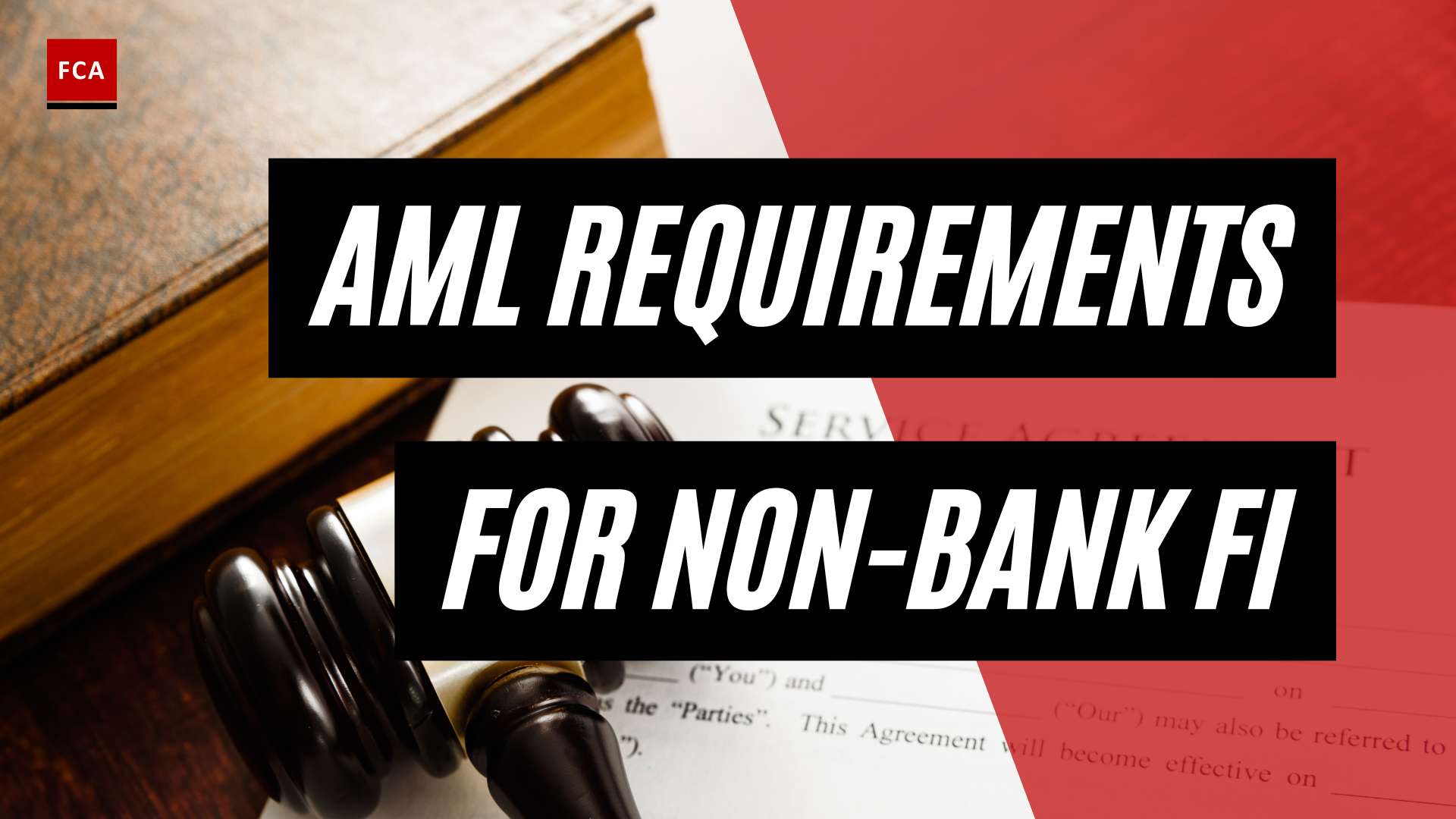In 1989, the Group of Seven countries decided to create the international Financial Action Task Force or FATF on Money Laundering. The term “financial monitoring” appeared worldwide and is enshrined in every country’s legislation.
Financial monitoring, which is the monitoring of financial transactions, is a type of compliance control that must obligatorily be applied in banks and other financial institutions to prevent the introduction of proceeds of crime into circulation.

In its nature, financial monitoring is a set of measures to control financial transactions that are subject to monitoring and include:
- Identification.
- Verification of customers.
- Record keeping of such transactions.
- Collection of data about their participants.
The task of financial monitoring is to control risky financial transactions and to detect attempts to legalize the proceeds of crime or attempts to finance terrorism. Subsequently, the received information is sent to the State Financial Monitoring Service of Ukraine or SFMS.
We will not consider retrospective aspects of the introduction and transformation of the institution of financial monitoring in Ukraine. Still, it is more appropriate to dwell on the current principles of financial monitoring as a separate component of compliance-risk control in the banking and finance sectors.
Hereafter, the terms “financial monitoring” and “compliance” will be understood in the same way to avoid tautologies and simplify information presentation.
The System of Financial Monitoring
The system of financial monitoring can be divided into the following elements:
- “Who Checks?”
The entities that conduct financial monitoring are called subjects of primary financial monitoring. Their common feature is that they all ensure conducting financial transactions with money, securities, or goods, including virtual assets. The most famous are banks, members of payment systems, commodity and stock exchanges, and other entities providing financial services. The legislator separately identified special subjects of financial monitoring. They do not provide financial services but may be involved in the circulation of large amounts of money or have data about such turnovers. Included are auditors, accountants, lawyers, notaries, real estate agents, traders of precious metals, stones, and entities that hold lotteries.
All mentioned subjects are obliged to ensure the adoption of a risk-oriented approach while conducting their activity and transactions with their customers. However, special subjects of financial monitoring have their differences, established for each category separately.
- “Who Is Checked?”
Everyone. Indeed, everyone who conducts transactions that fall under the signs of control, regardless of residency, gender, annual turnover, and other characteristics, is checked, no matter whether it is an individual or a legal entity, or even a public association.
However, there are persons to whom special attention is paid:
- Residents of the states that do not follow the recommendations of international organizations in the field of combating money laundering
- Persons included in the list of persons connected with carrying out terrorist activities or on whom international sanctions are imposed and persons related to them
- Foreign politically exposed persons, members of their families, and entities whose ultimate beneficial owners such persons are
- Persons on whom sanctions are imposed following the Law of Ukraine “On Sanctions”
- Persons with a place of registration or residence in the country classified as an offshore financial center
Such persons are automatically assigned a high risk of business relations and they are checked especially carefully

- “What Is Checked?”
It is important to know that at the highest-level financial control is divided into mandatory and optional to understand what exactly needs to be traced while exercising compliance control over financial transactions.
Mandatory financial control is the control over threshold financial transactions and has clear criteria. Among these, one mandatory main sign and several mandatory optional signs are distinguished, of which at least one must be present to exercise control.
Here are some mandatory optional signs:
- If any part of a transaction or the bank of either party is registered, resides, or is located in a country that does not follow international recommendations as to combating money laundering
- If a politically exposed person carries out a transaction, a person who performs or performed significant political functions: the President, a member of the Cabinet of Ministers, a People’s Deputy, heads of the highest authorities, the head of the Supreme Court, Constitutional Court and the highest specialized courts, leaders of political parties, etc., or a member of their family or a related person
- Transfer of funds abroad
- A financial transaction with cash through depositing, transferring, and receiving
For a financial transaction to be subject to mandatory financial control, it must have a basic sign amounting to 400 thousand UAH or more and at least one of the mentioned optional signs. In such circumstances, a subject of financial monitoring switches on the mechanisms established by it for proper control over conducting such a transaction.
Optional financial control is control over suspicious financial transactions. A subject of financial monitoring exercises it according to the signs the subject itself defined in its internal documents. Such control is aimed at identifying the transactions that do not fall under the criteria of mandatory financial control but with the help of which proceeds of crime can also be legalized.
While exercising optional control, the amount does not matter. A subject traces other signs indicating the illegality of a financial transaction that it establishes independently, taking into account typological studies prepared by the specially authorized body or SFMS.
- “How Is It Checked?”
Subjects of primary financial monitoring must ensure proper checking of customers, which includes the following:
- Identification of a customer, such as a receipt of documents from a person and verification of the ultimate beneficial owner of a customer;
- Recognizing or understanding the purpose and nature of future business relations or conducting a financial transaction;
- Conducting regular monitoring of a customer’s business relations and financial transactions;
- Ensuring the relevance of received and existing documents, data, and information about a customer.
The financial monitoring process is carried out by adopting a “risk-oriented approach.” What is it for those who are not involved in it? The risk-oriented approach means that a subject of financial monitoring develops internal documents that take into account the criteria of risks concerning transactions and customers based on which it can identify a risky transaction without the need for the detailed and scrupulous study of each business transaction of each customer.
Simply put, every transaction accompanied by, for example, a bank must pass a certain automatic test check according to certain criteria. If the answers to all the automatic test questions are satisfactory, such a transaction is carried out without additional questions from the bank. However, suppose the answer to any questions of the test is negative. In that case, such a transaction is stopped for its more thorough study, if necessary, for requesting additional information from the customer.
The more balanced a bank or other controlling entity approaches the creation of such a test, the more or less automatic its work with customers is, and more or less the time it spends on transactions that will be erroneously classified as those with a high level of risk.

What Must a Subject of Financial Monitoring Do to Ensure Compliance with the Legal Requirements?
For financial monitoring, the law stipulates that the relevant subject is obliged to, as far as compliance is concerned:
- Develop and introduce internal rules for financial monitoring.
- Develop and introduce programs for conducting primary financial monitoring.
- Appoint an employee responsible for conducting financial monitoring.
- Ensure the conduction of customers’ identification and verification.
- Ensure the identification of financial transactions subject to financial monitoring.
This is not a complete list of responsibilities of a subject of financial monitoring. Still, its other responsibilities concern the relations of a subject of financial monitoring with a customer and the specially authorized body. They do not directly concern the organization of compliance in this field.
Final Thoughts
A compliance policy, also known as a compliance program, is a set of rules and processes intended to ensure that all members of an organization abide by all applicable laws, rules, standards of practice, and other norms.








